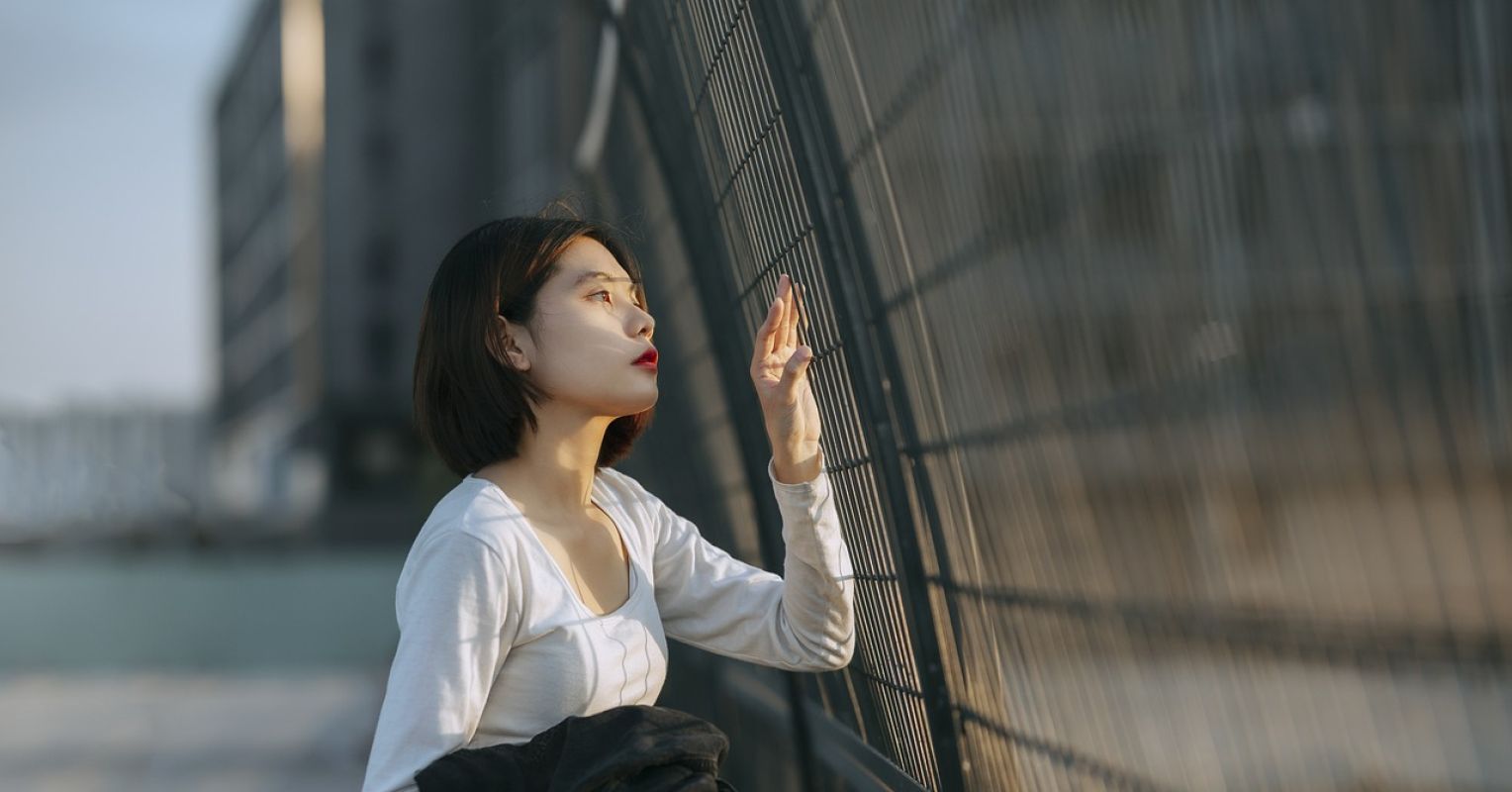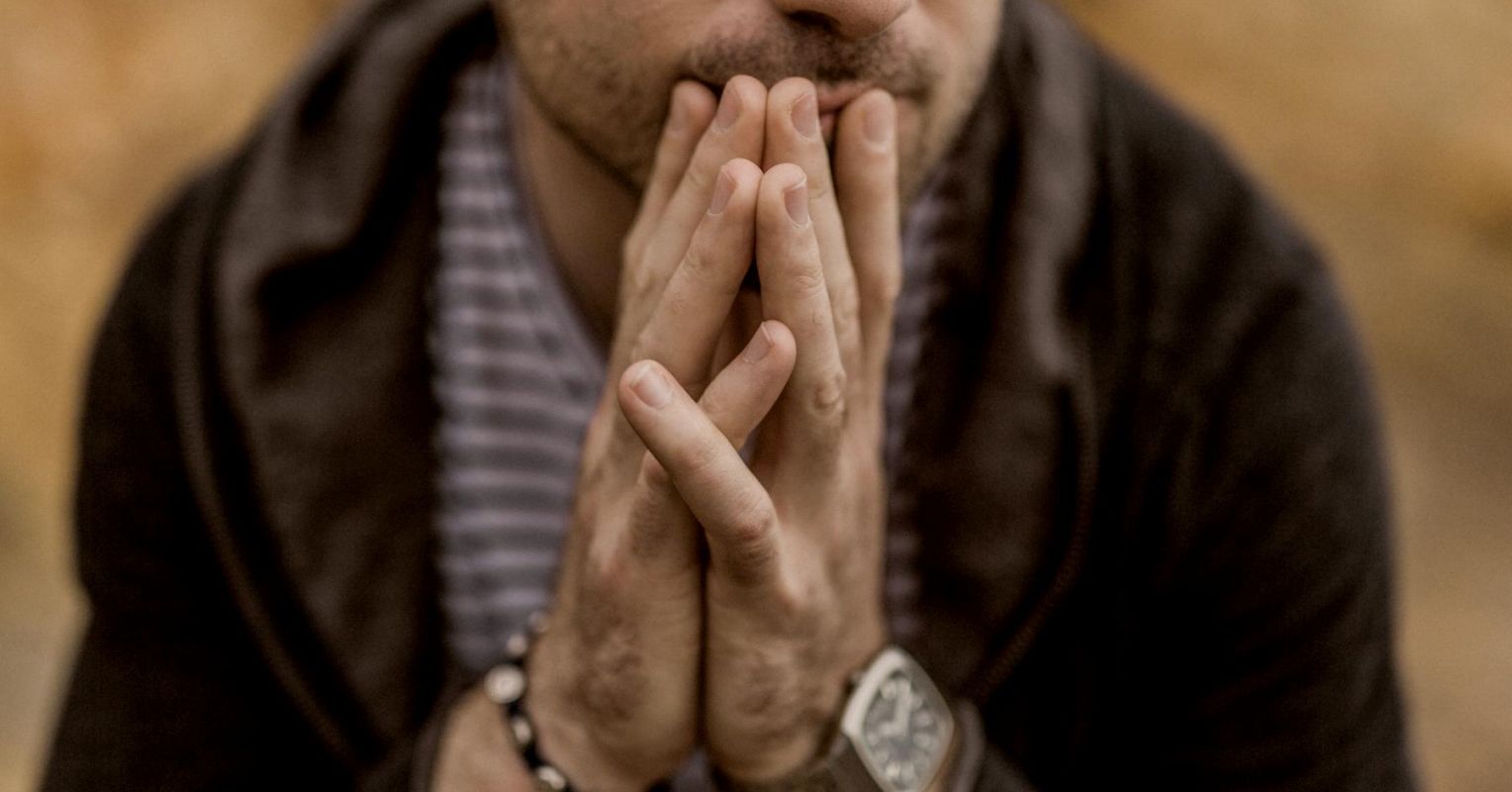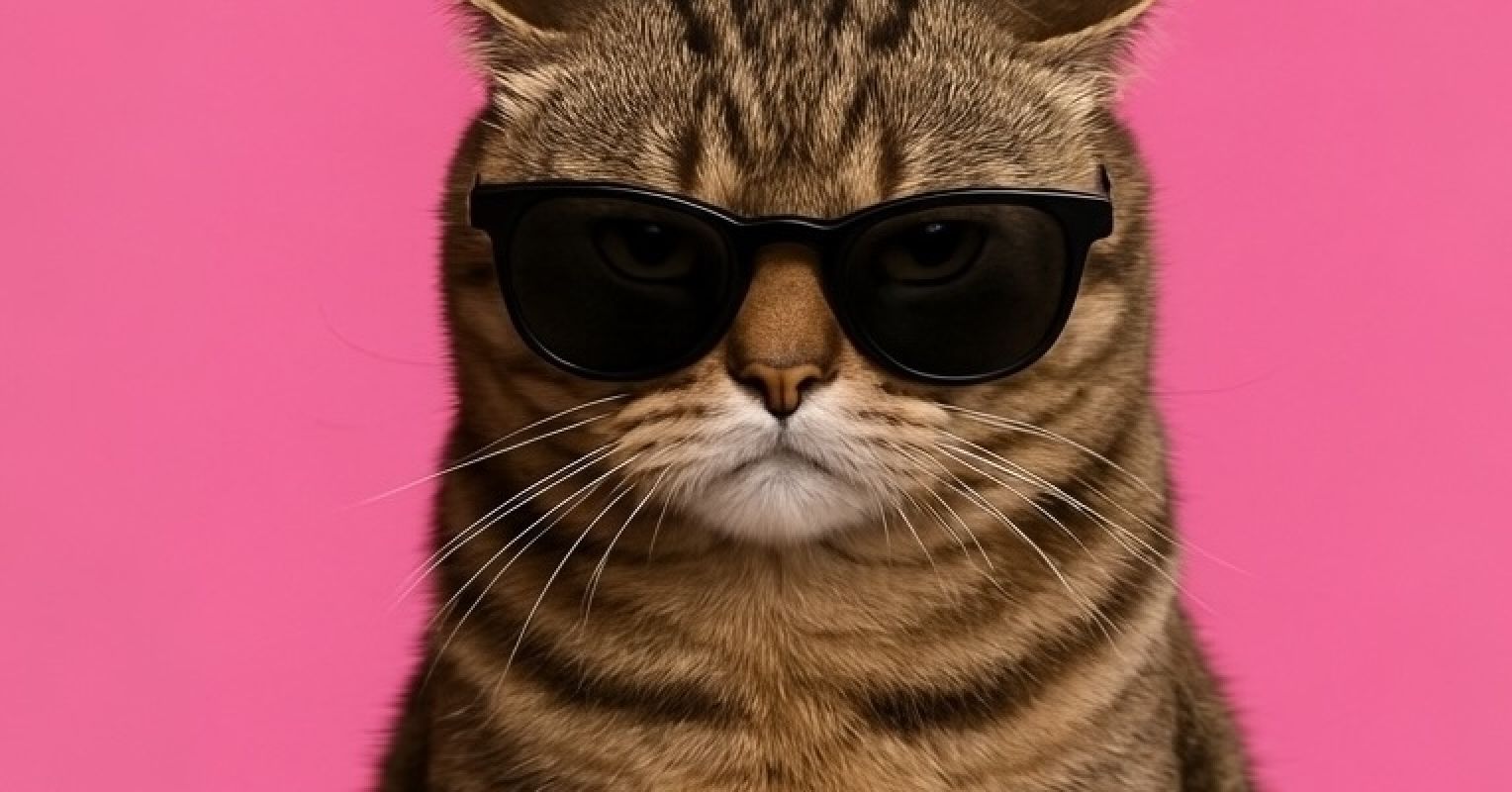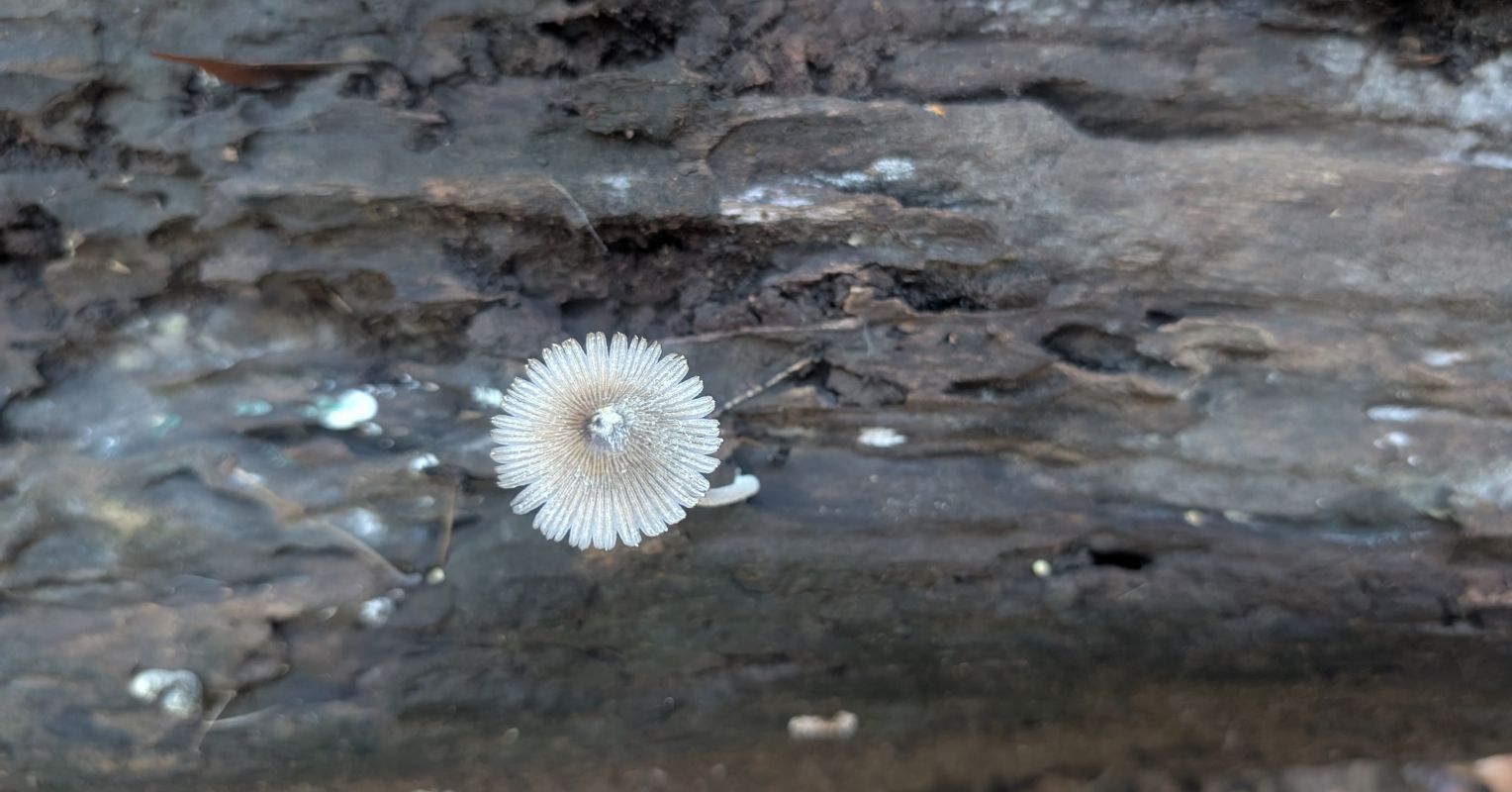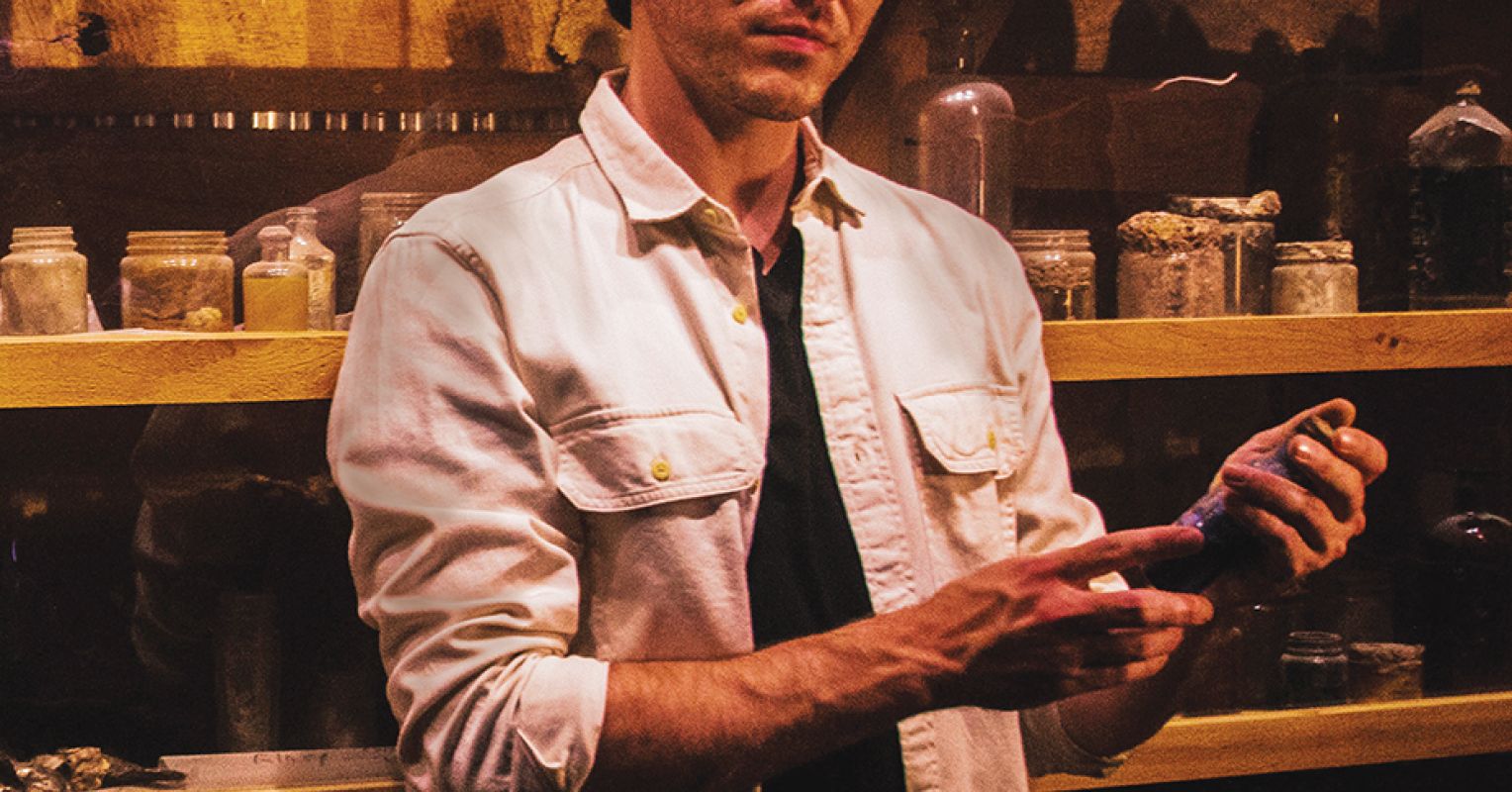fromSilicon Canals
2 days agoPsychologists explain why you always think of the perfect response too late - Silicon Canals
You know that moment when you're walking away from a conversation, and suddenly the perfect comeback hits you? Or when you're lying in bed at night, replaying an argument from earlier, and you finally think of exactly what you should have said? The French have a beautiful term for this: "l'esprit de l'escalier" - literally "staircase wit" - that brilliant response that comes to you as you're walking down the stairs, leaving the party.
Psychology

